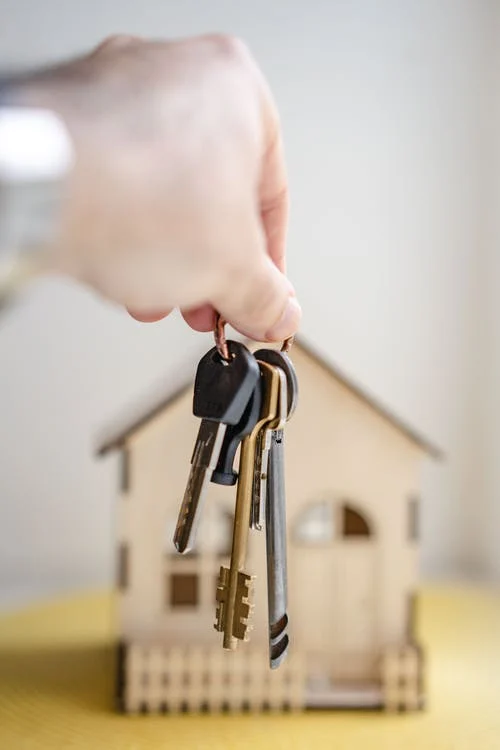Is Buying a Home Still a Good Investment?

Buying a house is a classic part of the American Dream. But over the years, as property values have soared and tax rates have increased in most parts of the country, many are left wondering: Does it actually make financial sense to buy a house?
The Case for Buying a House
Let’s begin this discussion by analyzing some of the top reasons why buying a house is a good investment and some of the specific ways homeowners stand to benefit:
- Building equity. You can think of your house as a forced savings account. It forces you to save money each month in the form of equity. Depending on the way your mortgage is structured and how long you’ve owned the home, this could be worth several hundred or even thousands of dollars per month. To ensure you’re getting the most out of your investment, you could work with a buyer’s agent – find out more here.
- Appreciation. While real estate markets have their ebbs and flows, you’ll generally find that real estate increases in value over almost any five- or ten-year period. To navigate this market effectively, consider consulting a Bundaberg real estate agent. This makes it a solid investment that has the ability to multiply your net worth. In order to enjoy maximum appreciation, you’ll need to take the time to maintain your home. Things like keeping the roof in tip-top shape mean you’ll get a better ROI when you eventually choose to sell the home.
- Tax benefits. Owning a home provides a number of distinct tax benefits that you don’t get when you rent a house. This includes potential tax deductions like: mortgage points deduction, mortgage insurance deduction, mortgage interest deduction, a home office deduction, and property tax deduction. You may also qualify for certain tax credits, such as a residential energy credit or a mortgage credit certificate.
- Stable payments. When you own a home, you pretty much know what your monthly payment is going to be month to month (and year to year). While property taxes and insurance costs can increase over time, your mortgage payment will not. This allows you to more easily project expenses over time and create a predictable budget. (If you rent, you’re always susceptible to rising rent costs.)
- Greater freedom. Owning a house gives you a lot more freedom than renting (particularly if you live in a house without an HOA). You don’t have to check with a landlord every time you want to make a change to the property. You also don’t have to worry about sharing a wall with another renter.
The Case Against Buying a House
While owning a house makes sense on many accounts, it’s not always the best decision. In some cases, owning a house can actually prove to be a detriment. Here are several reasons why owning a house is a bad investment:
- Mortgage interest and taxes. When you rent a house, you pay monthly rent and renter’s insurance. There might be some utility costs, but that’s about it. When you own a house, you have to pay interest and taxes. This can amount to hundreds (if not thousands) of dollars per month. And when it comes to mortgage interest, lenders frontload the payments. This means you’re going to pay mostly interest over the first 10 years of the mortgage. Then it evens out for a few years. And it isn’t until the last several years that the bulk of your payment goes to the loan’s principal. So if you’re only planning to be in a house for a few years, it’s actually pretty hard to pay down a significant amount of principal.
- Maintenance costs. As a homeowner, you’re responsible for all of your maintenance costs. Experts suggest budgeting one percent of the purchase price per year for repairs and replacements. On a $500,000 house, this means setting aside at least $5,000 per year ($417 per month). This is an expense that you don’t have to include in your budget when you rent.
- No plan to sell. This is something that most people don’t talk about. If you don’t ever sell your house and downsize (or go with a less expensive home in another area), you aren’t actually making anything on your investment. You’re just moving money around. This means all of the equity in your home is just “paper” equity. That’s not necessarily a bad thing, but it’s not like you can easily use the money as you see fit.
Putting it All Together
Homeownership is still very much a quintessential component of the American Dream. Having said that, it might not be as attractive as it once was. The key is to make smart purchasing decisions and to take care of your home once you move in.
If you never overextend yourself and always protect the underlying structure, it can be a great investment. But if you’re someone who frequently moves and procrastinates on projects, you may be better off renting.
